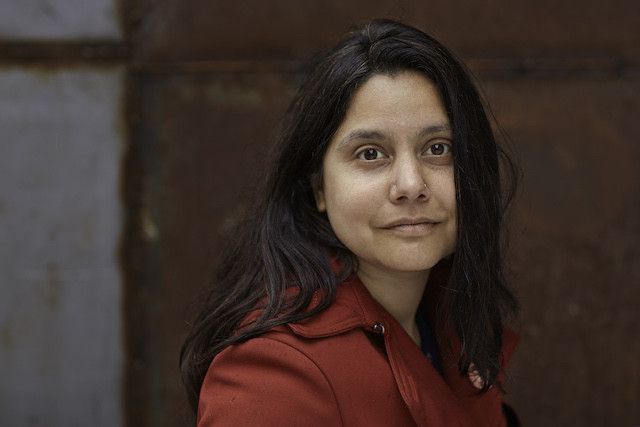Sanyal says that when she became a feminist, “everything I’d learned about gender was deconstructed”, including myths surrounding victims and perpetrators of sexual violence. Dr Sanyal’s most recent book, “Rape: From Lucretia to #MeToo” reconstructs myths around the topic, including how society’s understanding of the violence is linked to gender because, as she puts it, “it would have been awful if the real gender difference would be a propensity to rape for one sex, and the propensity to be raped for the other.”
Rethinking victims, perpetrators
The Düsseldorf-based author, journalist and academic says that after she wrote her book, victims of sexual violence came forward to her personally to share their stories--something that surprised her, given these were strangers.
On one hand, Sanyal says some victims tell her “they aren’t feeling the way a ‘real victim’ should feel”. In some cases, she adds, “they say it was awful, but not the worst thing” to have ever happened to them.
But when victims do confide in people, confidants sometimes are “overwhelmed, and a lot of people shut down because they don’t know how to deal with it.” Part of that can be attributed to the shame, she says, but Sanyal makes the valid argument that shame only exists as an emotion in relation to society.
“The #MeToo [movement] was so important because suddenly people could tell their stories and be sure that people would listen openly,” she says. Compare this to a court case, where it’s often one person’s word against another, often without witnesses. “Because it’s the only public space where we discuss rape, we project all our needs on it. With #MeToo, suddenly people can start talking about it in a different way, get collective mourning.”
Sanyal says collective mourning could “do a lot” when acts of sexual violence “rupture our feeling of being safe in society” and explains that in some cultures, groups mourn not just for the victims, but also for the perpetrators, trying to understand how the latter could perform such acts. “That’s interesting because it also opens up for the perpetrator to confess and say I want to atone for what I’ve done. [But] it’s very difficult, and usually only works in close-knit societies.”
Complexity of data, culture
Of course, the prevention of sexual violence is key, but Sanyal is also concerned with how society addresses such acts after the fact. Sentencing can vary widely from country to country, and Sanyal says not enough psychological work is done with perpetrators.
“In Sweden, for example, they do a lot, and they say it’s one of the crimes where you can treat offenders, that the chance for them reoffending is very low if you do something.”
But systems also should be reviewed. Sanyal says that in her research, “the more authoritarian and less equal the structure is, the more rapes do occur.” This is the case, she adds, for prison systems or the military, and there have been studies to try and compare data for different countries on this authoritarian basis, but countries can vary significantly in terms of whether they even have proper data to begin with, let alone if data is comparable across different nations.
Tackle the roots
Hear Dr Sanyal speak during the “Tackle the Roots” conference at the Centre Altrimenti on 13 December starting at 7pm. Advance registration is required by emailing [email protected] or calling (+352) 24 10 95 40.
